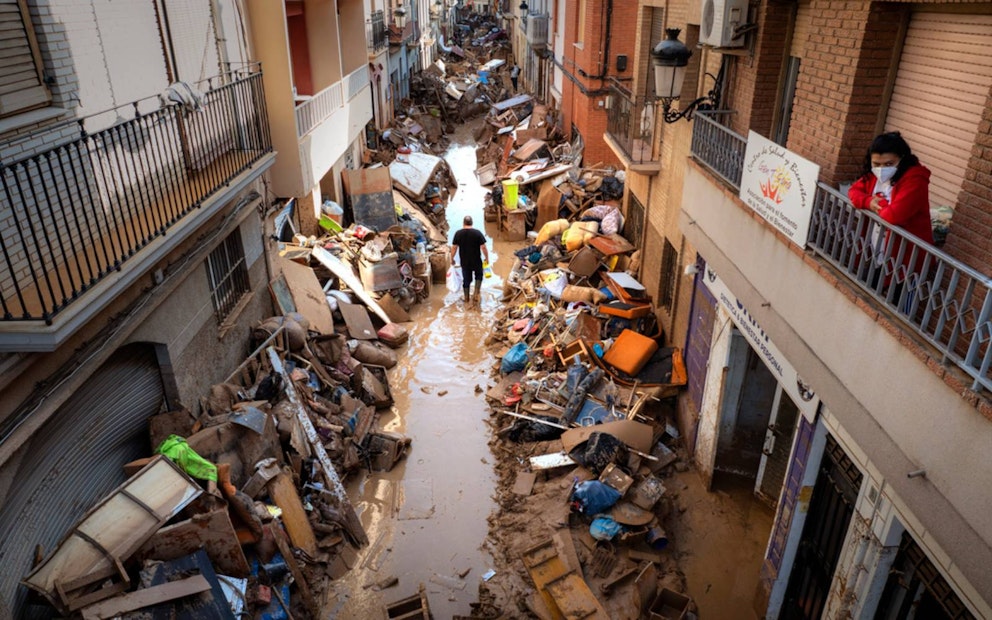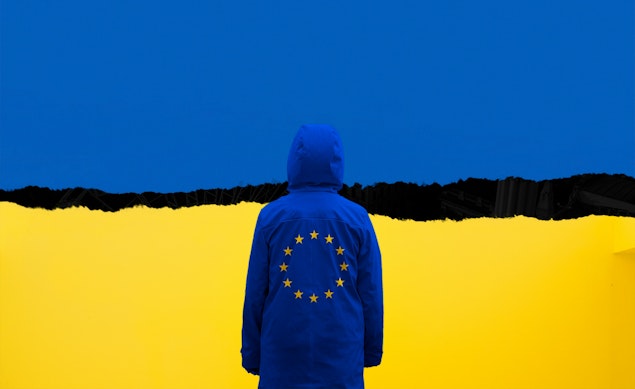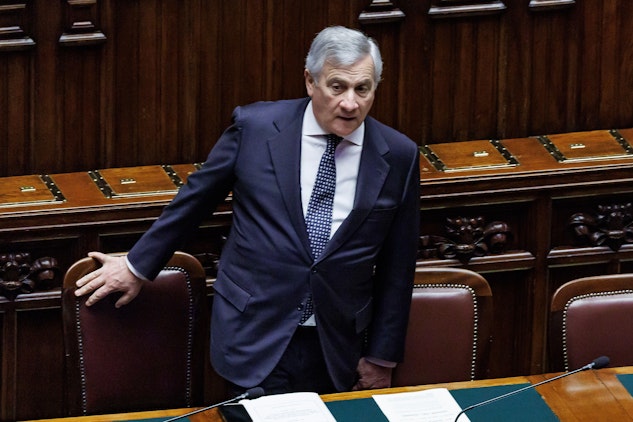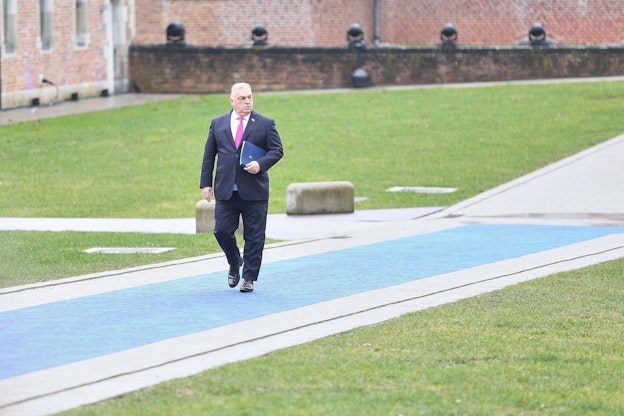The recent catastrophe in the region of Valencia and other areas in Eastern Spain which caused more than 200 deaths and billions of euros in material damages have revealed how politicians who do not take climate change seriously are rendering their communities incredibly vulnerable to extreme weather events. It is also concerning how easily misinformation and lies spread, as more and more people get their news and information via social media while traditional media outlets struggle to keep up fact-checking fake news fast enough. The consequences of these lies are devastating as democracy is weakened by the minute.
The European Greens, together with our Spanish members, Verdes Equo and Esquerra Verda, and associate member Comuns, would like to show our solidarity with the people in Spain who are still suffering the loss of loved ones, their homes and memories. This cannot ever happen again. As the responsibilities of politicians are established and mud continues to be removed from the streets, we are calling for action:
Once is too often. The unprecedented volume of water found some people driving back from work or going around unaware about the risk they were facing. Effective science-based risk communication is essential and saves lives.
Governments and parties must guarantee that no one is left behind and prioritize people's well-being as a response to the crisis. On the contrary, to the negligent and ineffective response by the regional government led by Popular's Party in managing the crisis, we must add the lack of will to facilitate inter-institutional coordination and the partisan use of the crisis that caused dramatic social consequences. Likewise, we condemn the instrumentalization of the catastrophe to conditionate the debate and vote of Commissioner Ribera.
Emergency response mechanisms should not be politicised and they should be properly funded. The competences, protocols and chain of authority should be crystal-clear to ease coordination and accelerate the delivery of support. They should communicate widely so that they are well-known by the general public, to avoid misinformation.
Scientists are doing their job. They communicated the extreme risk days and hours before the first floodings started. Yet they are attacked daily by climate deniers and extremists in social media. We must protect them online and offline!
Risk communication and visualisation must improve at all levels. While the science is there, how information is transferred and disseminated is vital. People should be able to make the right decisions regardless of who is in power.
Especially in the hours, days and weeks after extreme weather events, the European Union must create mechanisms to counter fake narratives and news that are often racist and anti-science, as well as the spread of misinformation that can lead to extremists inciting violence and promoting authoritarianism.
A speedy recovery requires the collaboration of all public administrations, from the municipalities to the European Union, and greater flexibility in fiscal deficit so that the much needed investments reach affected communities as fast as possible.
Adaptation, adaptation and more adaptation. While we fight for mitigating climate change and keeping the 1.5C promise alive, we must get ready for its worst effects. Not only must we channel more funding towards adaptation, but we must seriously reconsider the way we build (and where) and our livelihoods and behaviours in the face of a 2-3C temperature rise in the coming decades. In this sense, projects like the extensions of the Barcelona airport and the Valencian port should be abandoned as they are a clear contradiction with this need for adaptation. On the other hand, initiatives such as the “climate leave” adopted by the Employment Ministry that gives workers four days off in case of extreme weather conditions is the path. To protect citizens from extreme weather phenomena caused by climate crisis, we need more rights and more democracy.
Adaptation should work for everybody. All public policies should be climate policies and will only be effective if it considers the existing inequalities and promotes social justice.
Climate denialism leaves people unprotected and destroys trust in democratic institutions whose decisions will be vital and life-saving to protect the most vulnerable against the worst effects of climate change. We call for all responsible political parties that believe in science to join us in this call!
Verdes Equo
Esquerra Verda
Catalunya en Comú
EGP Committee



